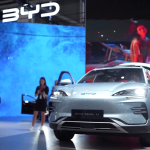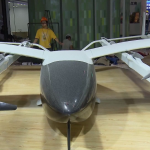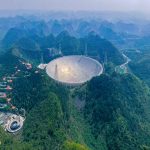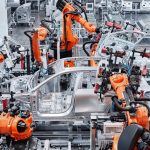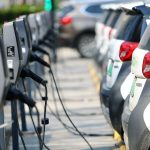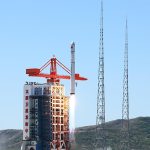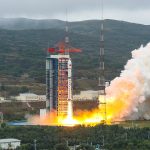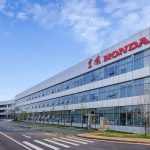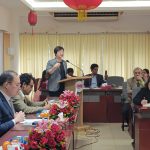The United States has recently become increasingly concerned about China’s environmentally friendly technologies. By Faisal Abdullah (CMG Bangla)
Two major reasons are their low cost and growing popularity in the global market. In response, the West has claimed that China is flooding the market with subsidised products at lower prices. However, these claims can be dispelled with a visit to the electric car maker Nio’s factory in Hefei, eastern China. Rows of robotic arms work efficiently there, taking just 98 seconds to assemble four car doors. The factory’s over 800 robots perform with such precision that their margin of error is only 10.5 millimetres. Remarkably, it takes only 14 days from placing an order for a car to its delivery.
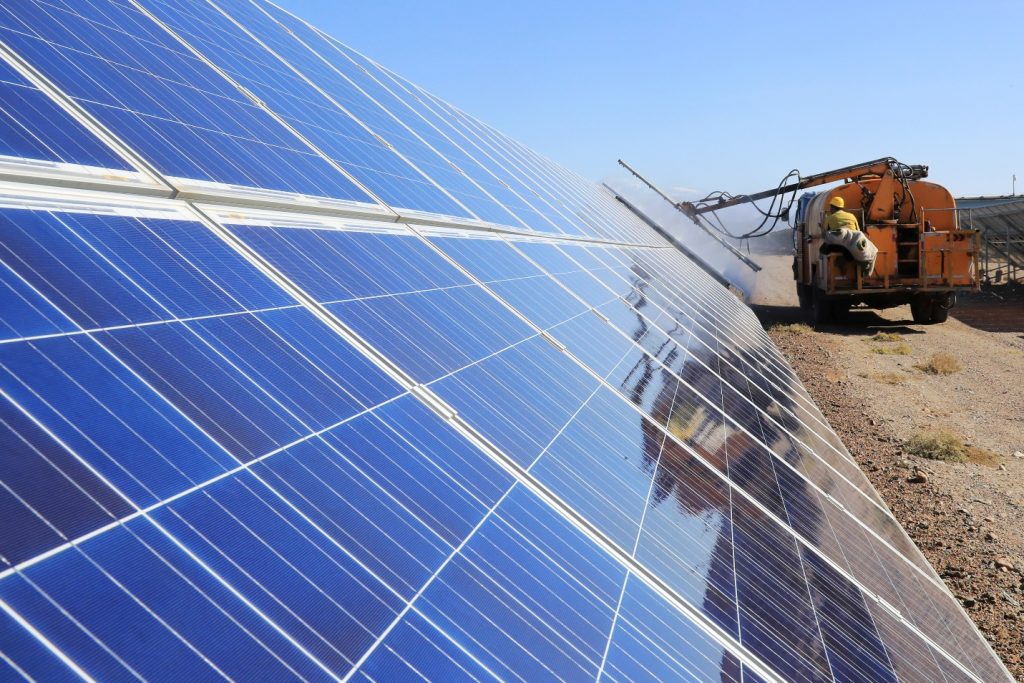
Volkswagen’s modular electric drive platform factory is also located in Hefei, emphasizing that less time means lower costs. Here, precision work is achieved through a combination of robots and AI. Additionally, China’s renowned electric car brand BYD has established a factory in Hefei.
Budget plays a significant role in the development of eco-friendly car technology. According to BYD’s annual report, the company spent about $5.47 billion on research and development last year, more than double the previous year’s expenditure. BYD even outperformed the American electric car brand Tesla in this regard.
A report by a global patent database in February indicated that patent applications in China’s NEV sector increased by about 22 percent. This shows that China is advancing rapidly not only in production but also in research and innovation.
US complaints about overcapacity have also targeted solar panels. However, a visit to JA Solar Company in Hefei reveals the truth. The company uses 5G-rich augmented technology to make solar panels, with assembly machines operating under artificial intelligence. Voice commands are in progress, and any defects in each batch of solar panels are detected in less than a second.
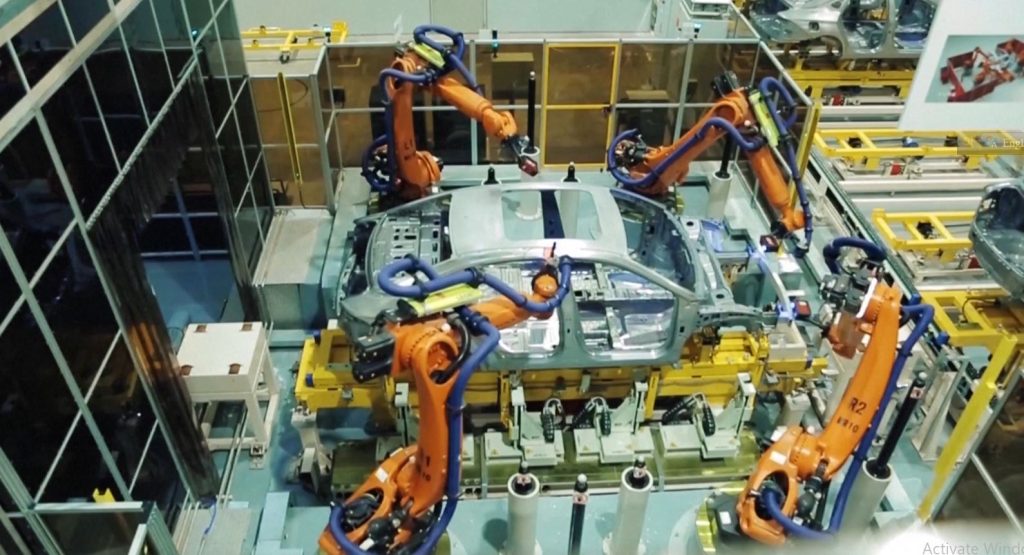
Sungrow Power Supply, another solar energy company in Hefei, uses AI to develop a pre-diagnostic system that automatically monitors voltage, temperature, and other parameters round the clock. Meanwhile, PTL, a lithium-ion battery manufacturer in Changzhou, Jiangsu Province, operates a 6,000-square-meter warehouse staffed by intelligent forklifts and transport robots. These AI-driven machines source and assemble raw materials for lithium batteries, reducing the storage size by 30 percent and increasing operational efficiency by 70 percent.
In Liang, Jiangsu, scientists from the Chinese Academy of Sciences have established research centers close to the industrial chain, ensuring immediate application of research findings in factories. Additionally, raw material suppliers for lithium battery companies have moved their offices closer to the factories.
Analysts note that the world is on the brink of global warming and urgently needs more environmentally friendly technology, such as solar panels, electric cars, and better batteries. As other countries seek new technology from China, they must learn these advanced production systems. However, instead of focusing on environmental protection, the West exacerbates confusion by using terms like overcapacity.
Information and photos: China Daily


